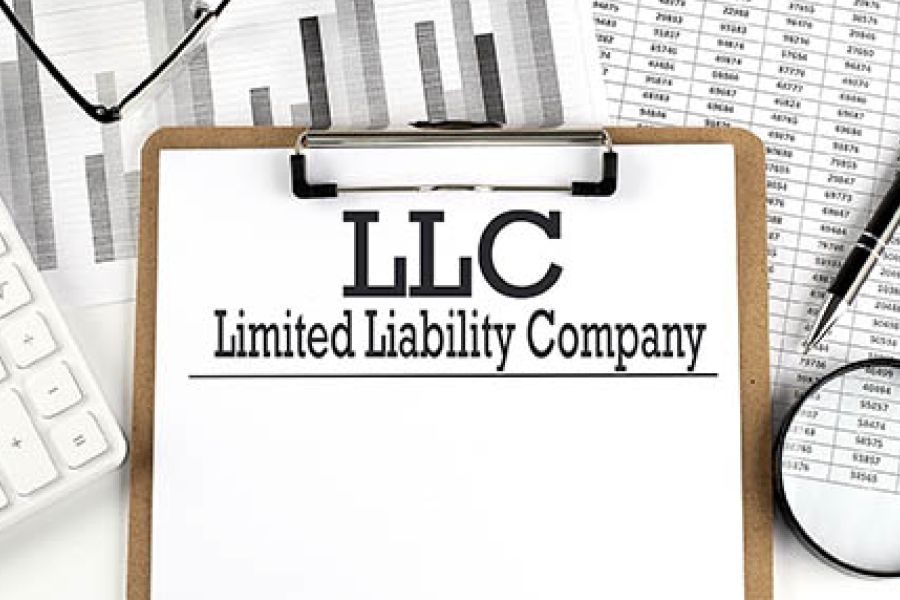Businesses can provide benefits to employees that don’t cost them much or anything at all. However, in some cases, employees may have to pay tax on the value of these benefits. Here are examples of two types of benefits which employees generally can exclude from income: A no-additional-cost benefit. This involves a service provided to employees that doesn’t impose any substantial additional cost on the employer. These services often occur in industries with excess capacity. For example, a hotel might allow employees to stay in vacant rooms or a golf course may allow employees to play during slow times. A de minimis fringe benefit. This includes property or a service, provided infrequently by an employer to employees, with a value so small that accounting for it...

You and your small business are likely to incur a variety of local transportation costs each year. There are various tax implications for these expenses. First, what is “local transportation?” It refers to travel in which you aren’t away from your tax home (the city or general area in which your main place of business is located) long enough to require sleep or rest. Different rules apply if you’re away from your tax home for significantly more than an ordinary workday and you need sleep or rest in order to do your work. Costs of traveling to your work location The most important feature of the local transportation rules is that your commuting costs aren’t deductible. In other words, the fare you pay or the miles you drive...
IRS audit rates are historically low, according to a recent Government Accountability Office (GAO) report, but that’s little consolation if your return is among those selected to be examined. Plus, the IRS recently received additional funding in the Inflation Reduction Act to improve customer service, upgrade technology and increase audits of high-income taxpayers. But with proper preparation and planning, you should fare well. From tax years 2010 to 2019, audit rates of individual tax returns decreased for all income levels, according to the GAO. On average, the audit rate for all returns decreased from 0.9% to 0.25%. IRS officials attribute this to reduced staffing as a result of decreased funding. Businesses, large corporations and high-income individuals are more likely to be audited but, overall, all types...
In today’s tough job market and economy, the Work Opportunity Tax Credit (WOTC) may help employers. Many business owners are hiring and should be aware that the WOTC is available to employers that hire workers from targeted groups who face significant barriers to employment. The credit is worth as much as $2,400 for each eligible employee ($4,800, $5,600 and $9,600 for certain veterans and $9,000 for “long-term family assistance recipients”). It’s generally limited to eligible employees who begin work for the employer before January 1, 2026. The IRS recently issued some updated information on the pre-screening and certification processes. To satisfy a requirement to pre-screen a job applicant, a pre-screening notice must be completed by the job applicant and the employer on or before the day...
Does your business need real estate to conduct operations? Or does it otherwise hold property and put the title in the name of the business? You may want to rethink this approach. Any short-term benefits may be outweighed by the tax, liability and estate planning advantages of separating real estate ownership from the business. Tax implications Businesses that are formed as C corporations treat real estate assets as they do equipment, inventory and other business assets. Any expenses related to owning the assets appear as ordinary expenses on their income statements and are generally tax deductible in the year they’re incurred. However, when the business sells the real estate, the profits are taxed twice — at the corporate level and at the owner’s individual level when a distribution...
Now that Labor Day has passed, it’s a good time to think about making moves that may help lower your small business taxes for this year and next. The standard year-end approach of deferring income and accelerating deductions to minimize taxes will likely produce the best results for most businesses, as will bunching deductible expenses into this year or next to maximize their tax value. If you expect to be in a higher tax bracket next year, opposite strategies may produce better results. For example, you could pull income into 2022 to be taxed at lower rates, and defer deductible expenses until 2023, when they can be claimed to offset higher-taxed income. Here are some other ideas that may help you save tax dollars if you act...
Do you own a successful small business with no employees and want to set up a retirement plan? Or do you want to upgrade from a SIMPLE IRA or Simplified Employee Pension (SEP) plan? Consider a solo 401(k) if you have healthy self-employment income and want to contribute substantial amounts to a retirement nest egg. This strategy is geared toward self-employed individuals including sole proprietors, owners of single-member limited liability companies and other one-person businesses. Go it alone With a solo 401(k) plan, you can potentially make large annual deductible contributions to a retirement account. For 2022, you can make an “elective deferral contribution” of up to $20,500 of your net self-employment (SE) income to a solo 401(k). The elective deferral contribution limit increases to $27,000 if you’ll be...
The business entity you choose can affect your taxes, your personal liability and other issues. A limited liability company (LLC) is somewhat of a hybrid entity in that it can be structured to resemble a corporation for owner liability purposes and a partnership for federal tax purposes. This duality may provide you with the best of both worlds. Like the shareholders of a corporation, the owners of an LLC (called “members” rather than shareholders or partners) generally aren’t liable for business debts except to the extent of their investment. Thus, they can operate the business with the security of knowing that their personal assets are protected from the entity’s creditors. This protection is far greater than that afforded by partnerships. In a partnership, the general partners...
Here are some of the key tax-related deadlines affecting businesses and other employers during the fourth quarter of 2022. Keep in mind that this list isn’t all-inclusive, so there may be additional deadlines that apply to you. Contact us to ensure you’re meeting all applicable deadlines and to learn more about the filing requirements. Note: Certain tax-filing and tax-payment deadlines may be postponed for taxpayers who reside in or have businesses in federally declared disaster areas. Monday, October 3 The last day you can initially set up a SIMPLE IRA plan, provided you (or any predecessor employer) didn’t previously maintain a SIMPLE IRA plan. If you’re a new employer that comes into existence after October 1 of the year, you can establish a SIMPLE IRA plan as soon...
The Inflation Reduction Act (IRA), signed into law by President Biden on August 16, contains many provisions related to climate, energy and taxes. There has been a lot of media coverage about the law’s impact on large corporations. For example, the IRA contains a new 15% alternative minimum tax on large, profitable corporations. And the law adds a 1% excise tax on stock buybacks of more than $1 million by publicly traded U.S. corporations. But there are also provisions that provide tax relief for small businesses. Here are two: A payroll tax credit for research Under current law, qualified small businesses can elect to claim a portion of their research credit as a payroll tax credit against their employer Social Security tax liability, rather than against their income tax...











